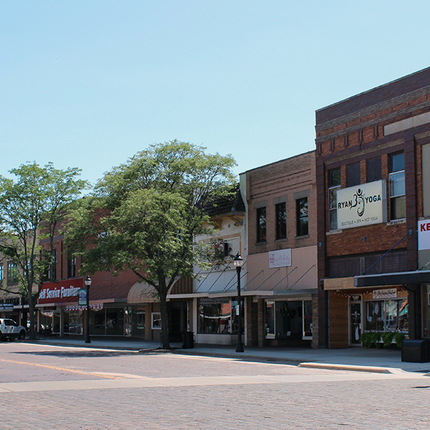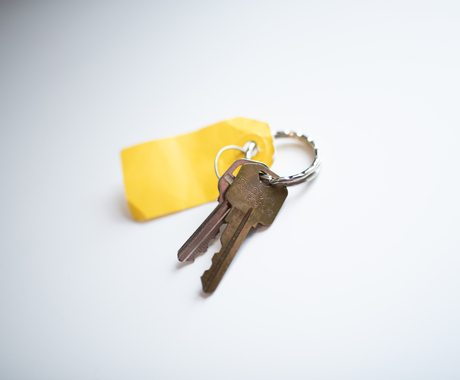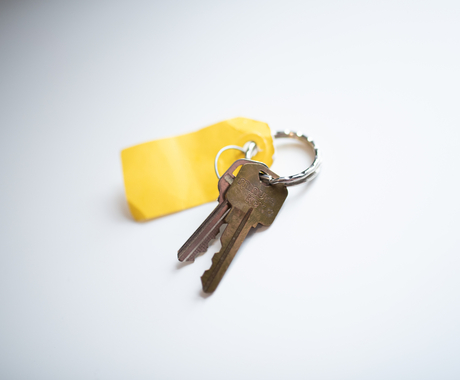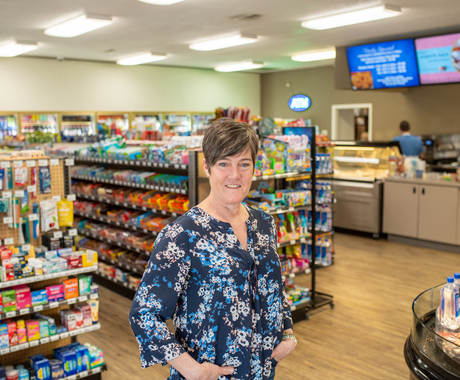Almost weekly, I read surprising new statistics about capital concentration.
The eight richest people in the world control as much capital as half the world’s population. The richest 158 families in the United States were the source of more than 50 percent of early cash in the last presidential campaign cycle.
In a world where fewer individuals control more capital, efforts to rebalance the scales of capital become increasingly important. At the Center, we attack this problem through public policy and by operating a revolving loan pool to finance small businesses in rural Nebraska.
Through our lending program, the Center makes small business loans to rural people who cannot access capital elsewhere. Our borrowers often have poor (or no) credit history, are start-up businesses without a track record, or lack traditional collateral that a bank requires.
Ana Gonzalez, who dreamed of starting her own business, is one such borrower. The Center assisted with a loan, training, and hands-on help to get her business started. We have placed more than 1,300 of these loans.
Business ownership remains one of the key ways for individuals to build assets over time. Each small business loan we place is an opportunity to rebalance the scales of capital.
Across the nation, there is a significant unmet need for alternative financing such as ours. We face a world where traditional financial institutions are failing too many average people. A national network of nonprofit and community-oriented lenders are stepping up to fill the gaps.
Each loan — and each nonprofit lender — may seem small relative to the challenge of capital concentration. But mission-driven and community-oriented control of capital will be a key strategy to help rural people build a future for themselves and their communities.





